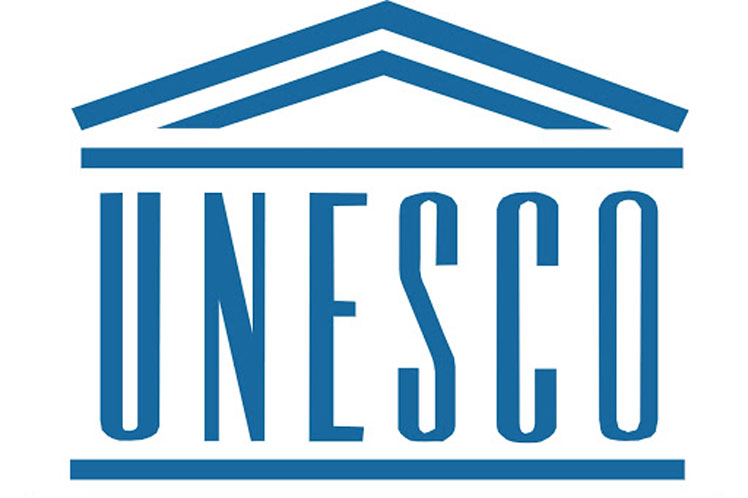The United Nations Educational, Scientific and Cultural Organization (UNESCO) issued a statement specifying that the list includes a site in Asia (Belitong, Indonesia) and seven in Europe, two of them in Italy (Aspromonte and Majella) and one each in Germany (Thuringia Inselsberg-Drei Gleichen), Denmark (Vestjylland), Finland (Saimaa), Greece (Grevena-Kozani) and Poland (Świętokrzyskie Mountains).
According to UNESCO, based on the impact of Covid-19, no new applications could be evaluated in the last two years, which is why the World Geoparks Council was only able to consider the oldest applications, which were postponed in 2017-2019.
The assessment missions for these sites had been carried out before the outbreak of the pandemic and the applicants submitted additional reports to provide the information requested during the previous Council assessment.
The World Geoparks program is made up of delimited geographic areas, in which landscapes and sites of international geological relevance are managed under a holistic approach to protection, education and sustainable development.
UNESCO member States ratified the creation of these sites in November 2015.
jg/llp/mem/wmr









